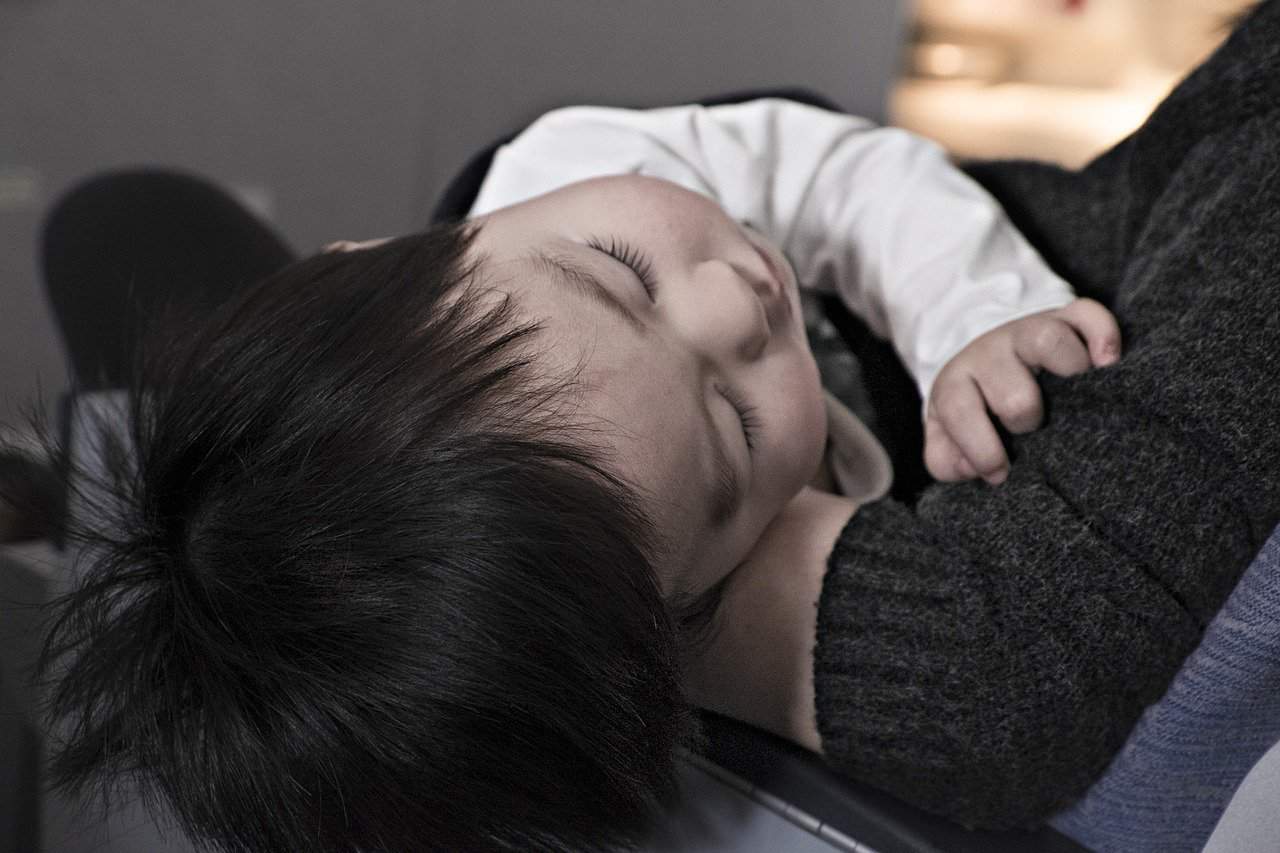Contents:
- Medical Video: Baby Games: Baby Activities & Games
- How babies communicate
- What should I do?
- If you are worried
Medical Video: Baby Games: Baby Activities & Games
At this age, your baby may already say "mama" or "daddy" for the first time, and can communicate using body language, such as pointing and shaking his head.
Your baby will pay more attention to your speech and gestures and try hard to follow you - so be careful with your words!
How babies communicate
Babies at this age will begin testing verbal abilities and start preparing their first words. From constant chatter like "bababa", they will begin to pronounce syllables that can be understood, such as "ga", "ba", and "da". By looking at his parents' joy when they hear the words "daddy" or "mama", babies will learn to connect words and their meanings.
Even before babies speak, they can communicate through body gestures — pointing, shaking their heads, and waving to show "dadah" can show their ability to communicate, understand, and respond to language.
You will find out that your baby actually understands when you ask "where is it?" And your child will look at his father, or point to his father, or when you say, "Look for a blue ball" and he will crawl towards him. Your baby should be able to respond well to his own name, and look (or at least stop for a moment) when you say "No!"
At the end of his first year, your baby will follow your simple request ("Come on!"), Like cilukba, say "mama" and "daddy", and chatter in a voice like you're talking real.
What should I do?
Keep talking to your baby using names and playing the pronunciation of words over and over again. Ask your baby to point to familiar items and try asking "Where is the cup?" Or point at the ball and ask "What's this?" Try waiting before you tell the answer. Your child will be able to point and say "bah?" Like asking.
Naming objects during learning can give children an idea that each object has its own name. From milk in the morning to teddy bears at night, telling a familiar name can help your child learn about what is usually said and provide information when he can use the right words.
Learn with your whole body: Touch your baby's toes and say "toes." Or point your ears and say "Ear mama (or daddy)." Look at your baby when you talk so he can see your facial expressions and movements of lips.
Using words that are rhythmic and amicable can support children's language learning. By listening to the word, the baby can learn to recognize and repeat it. Showing hand gestures and enriching the type and tempo of the music will keep your baby interested. Babies can also respond to rhythms, so they can show that learning languages is very fun.
Read books with large, colorful images, and support your child to turn the page. Give the baby the opportunity to "read" and "answer" your question.
If you are worried
At 12 months of age, babies are usually:
- Can respond to the word "no"
- Follow simple instructions
- Using simple gestures, such as pointing or shaking your head
- Say "mama" and "daddy"
Normal standards for language development in infants are very broad. If you are worried about the ability to speak or hear your baby, contact your doctor immediately.












